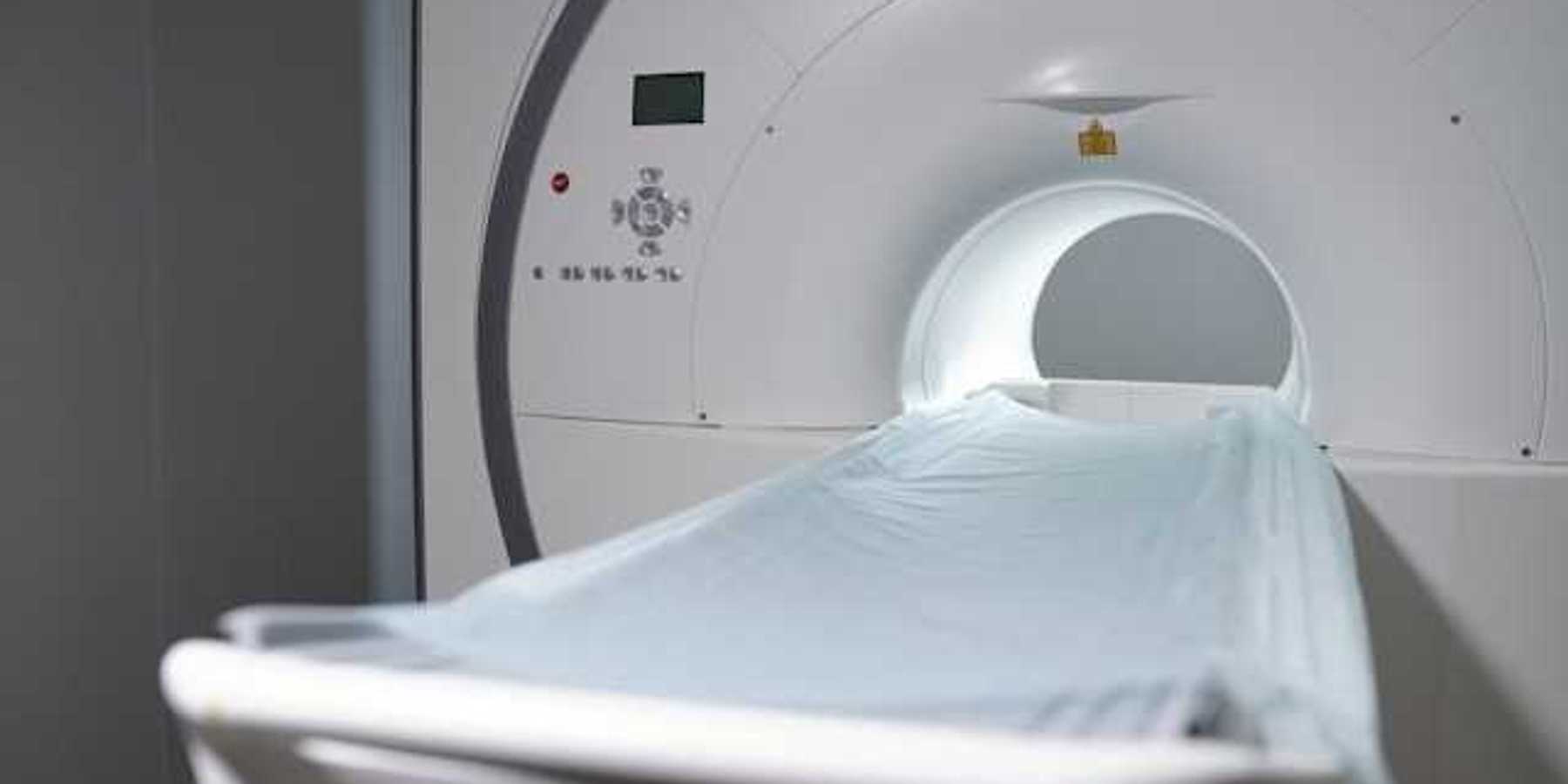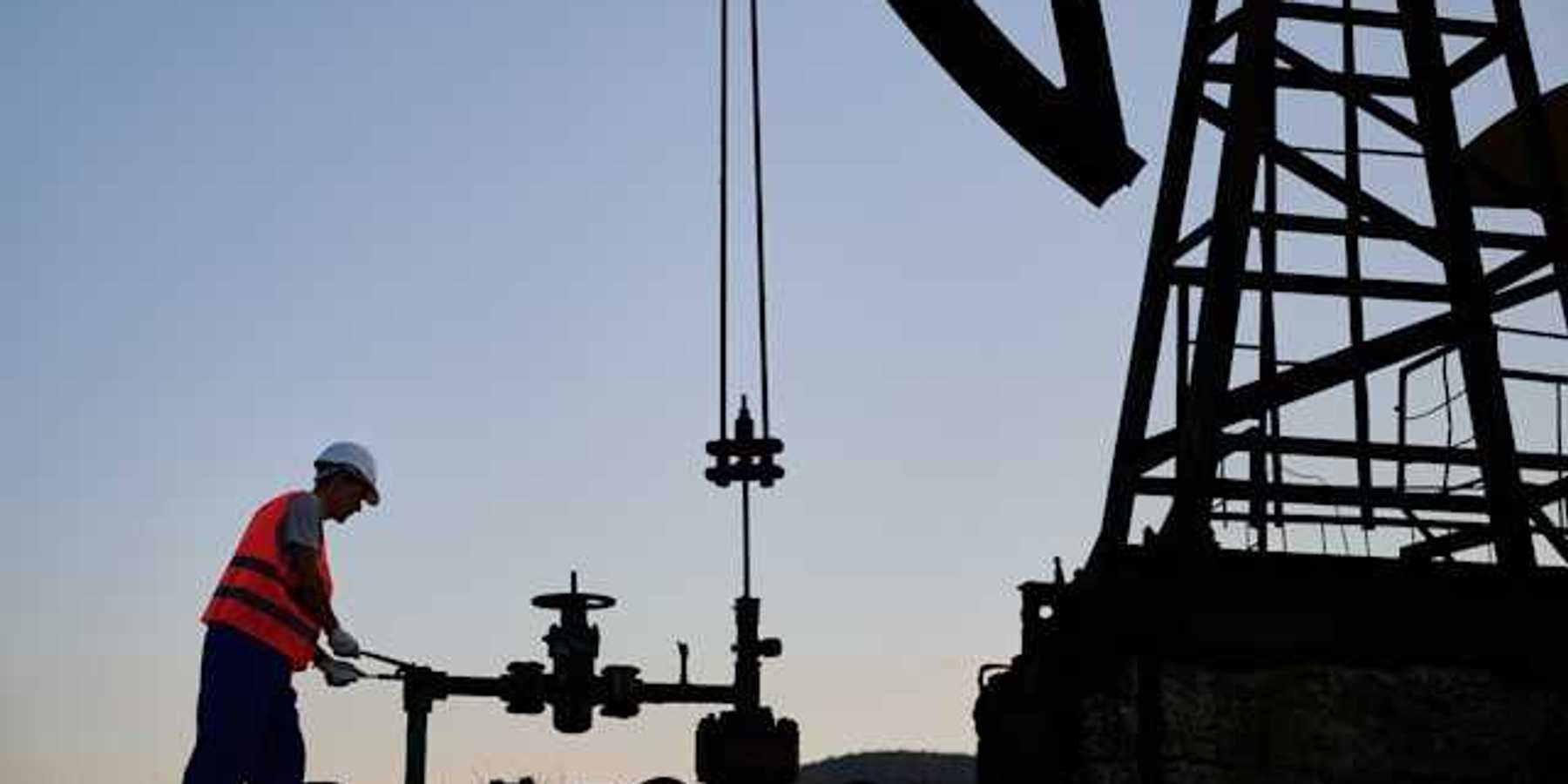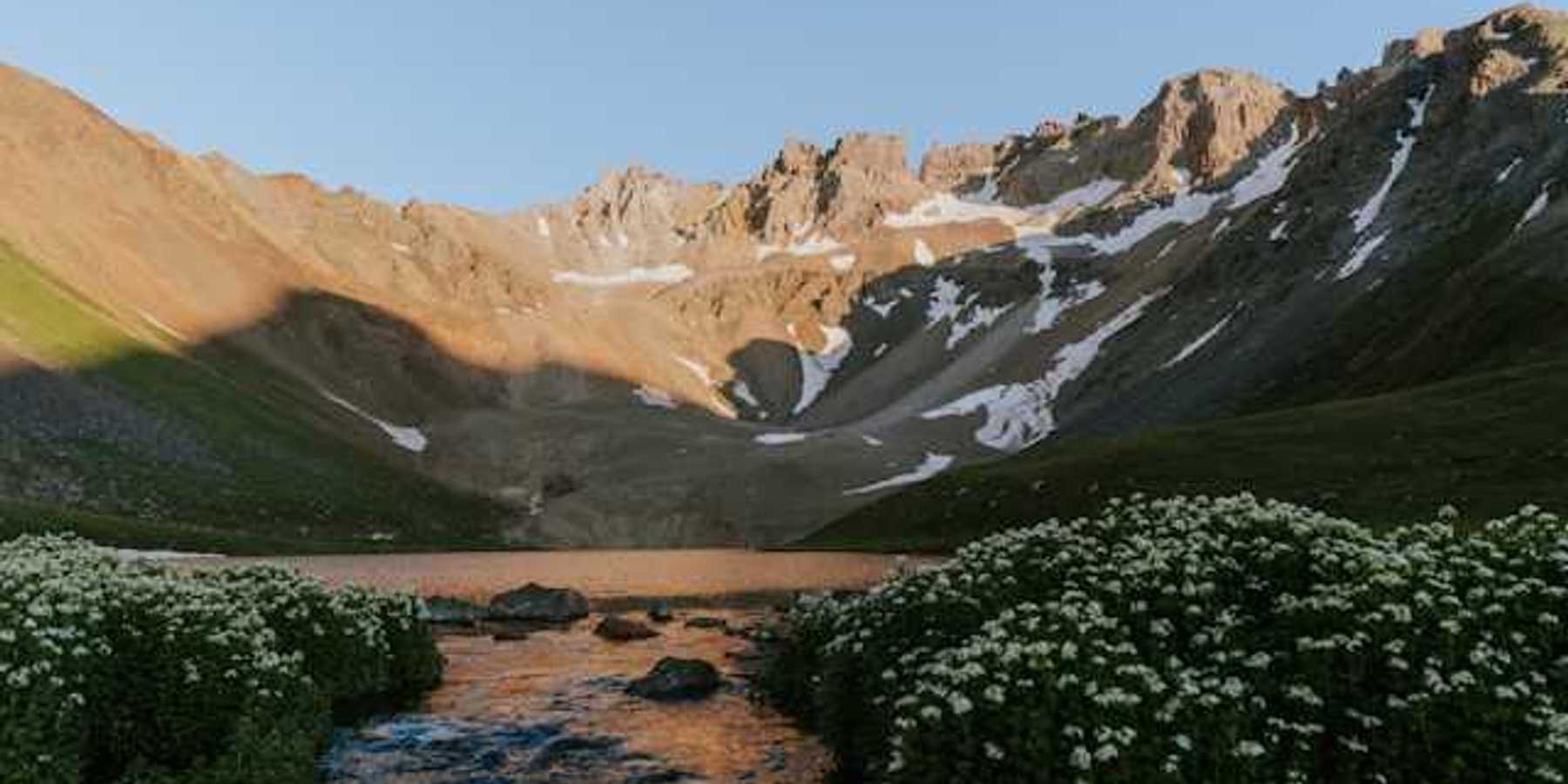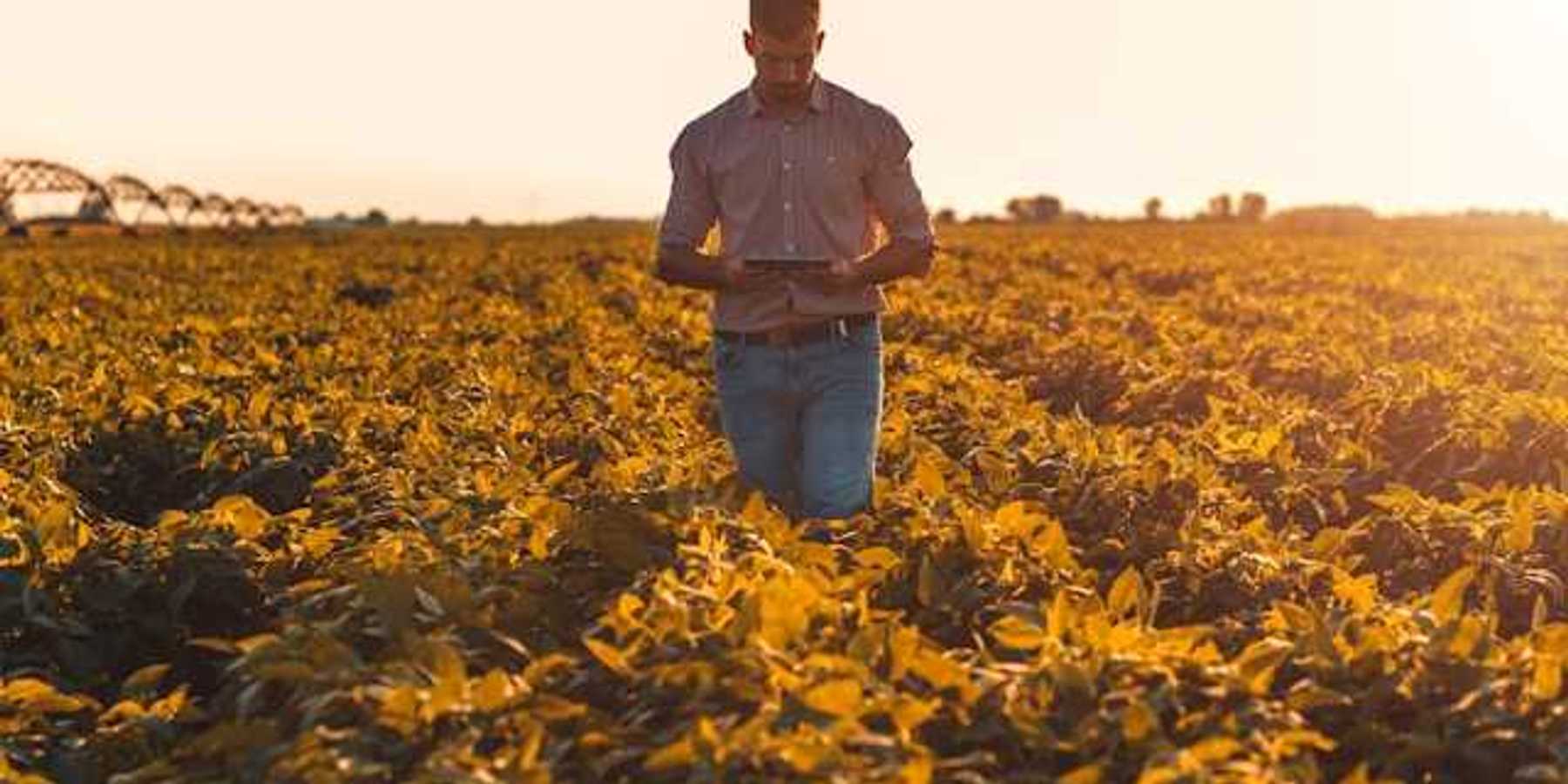Peter Dykstra: We could all use some good news right now
Environmental headlines can be bleak, but good news is out there, too.
The environmental beat can be a real downer and we often focus on the problems—but there are signs of progress in our fight against climate change and pollution.
From renewable projects to plastic treaties, here are some dashes of hope for our planet.
Changing energy winds
More than a decade ago the North American environmental movement threw much of its limited clout against a single project. The Keystone XL pipeline would expedite delivery of oil from Canada’s tarsands to U.S. refineries along the Gulf Coast and make Canada a petro-state.
Enter an army of writers, hellraisers, tribes, farmers, and lawyers who objected to the path, if not the very idea, of Keystone XL. President Biden finally stuck a fork in the project by revoking a crucial permit on his first day in office
Other oil and gas pipeline projects saw similar citizen uprisings. Expansion of the Dakota Access Pipeline (DAPL) from North Dakota’s shale fields to southern Illinois prompted massive protests and allegations of violence perpetrated by police and DAPL-hired security guards. Plans for a pipeline from Alberta to Canada’s east coast were abandoned. Fuel pipeline proposals fell in Pennsylvania, Virginia, and elsewhere.
The nonprofit Investigate West recently looked at the billion-dollar potential for wind and solar jobs on tribal lands throughout the Western U.S.
In March, a U.S. government lease sale for offshore wind rights shattered records and expectations, drawing $4.37 billion in winning bids. Two major oil companies, European-based Total and Shell, were among the top bidders. U.S.-based oil giants were much less enthusiastic.
The Yellowstone's of the sea
Last year Australia added to a global trend by declaring two massive new marine parks in the Indian Ocean. Surrounding the Cocos and Christmas Islands, the parks curtail commercial activities from other nations. Previous parks and reserves have been set by multiple nations in the Atlantic, Pacific, and Indian Oceans as well as the Southern Ocean encircling Antarctica.
Beacon of hope
The Empire State Building now runs completely on windpower (Not exactly. The realty trust that owns the building still buys its juice from the conventional grid, but it then buys the same amount from Green Mountain Energy’s clean energy program.)
Solar ... in West Virginia?
Of course, the decline of Big Coal in the U.S. is at best a mixed bag without some economic hope in coal country. Last week in West Virginia, developers unveiled plans for the largest solar farm in the state in a sprawling former coalfield.
Ocean plastics
It’s an issue where despair prevails, but even here we can see a glimmer. In March, a United Nations conference mandated the creation of a global treaty on plastics pollution.
And more glimmers of hope
There are more issues—both problems and solutions—identified by scientists, activists, and others and brought to light by journalists like my colleagues here at EHN. Political challenges like environmental justice dot the global landscape, while environmental health phenomena break out of the lab and into our lives.
Discoveries on the impacts of endocrine disruptors, “forever” chemicals like PFAS, and herbicides once thought benign like glyphosate may not be classic “good news” stories, but there’s plenty of good in these problems being brought to light.
Had enough? I doubt it. EHN and Daily Climate have a free weekly Good News newsletter. Subscribe here. You’re welcome.
Peter Dykstra is our weekend editor and columnist and can be reached at pdykstra@ehn.org or @pdykstra.
His views do not necessarily represent those of Environmental Health News, The Daily Climate, or publisher Environmental Health Sciences.
Banner photo credit: Andre Hunter/Unsplash













